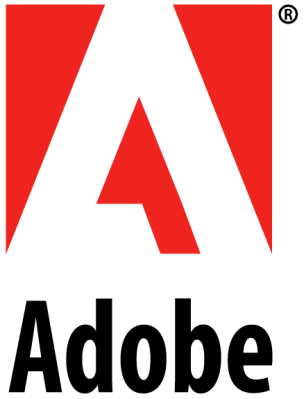Google’s announcement that it would fork WebKit to develop its own Blink browser engine was definitely a surprise and the repercussions of this move for the browser ecosystem as a whole are still unclear. Today, about two weeks after Google’s announcement, Vincent Hardy, Adobe’s director of engineering for the company’s Web Platform team, announced that, in addition to WebKit, Adobe also plans to contribute to Blink.
According to Hardy, Blink will “strengthen an already healthy browser competition,” and Hardy doesn’t seem to be too worried about additional fragmentation in the browser ecosystem because of Google’s move.
Adobe has traditionally contributed quite a bit to both WebKit and Google’s Chromium project and also worked with Mozilla on its Gecko engine. As Hardy notes, ahead of Google’s announcement, there had been some concern about a “WebKit monoculture” after Opera announced it would abandon its own engine in favor of WebKit. Adobe, Hardy argues, wasn’t too worried about a WebKit monoculture, but in his view, ” the web is bigger than any one of its leading browser implementations and too important to be limited to a single code base even if that implementation has variations.”
As Hardy stressed, a single implementation doesn’t establish a standard and, in his view, “the Web needs Mozilla’s Gecko and Microsoft’s Trident engines to nurture an open, innovative environment.” Blink, he thinks, will do “no harm” to the web, as long as both engines continue to implement the same features in different ways.
For Adobe, Hardy notes, this means it has to continue to focus on making sure browser engines interoperate and that it offers developers tools to test their sites across the different engines. Adobe already uses Chromium in some of its Edge tools, so contribution to Blink is a natural choice for the company.
